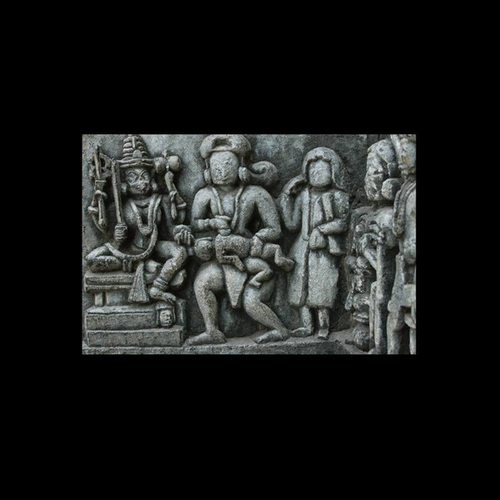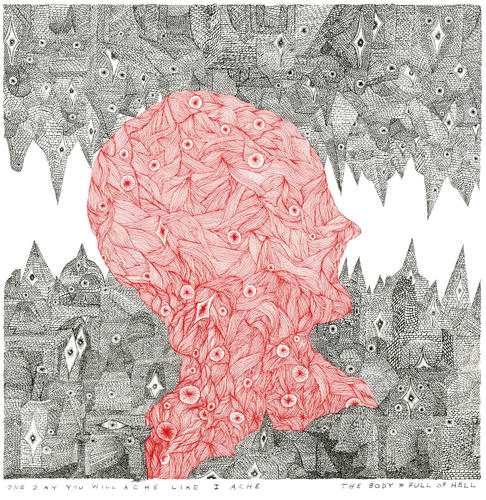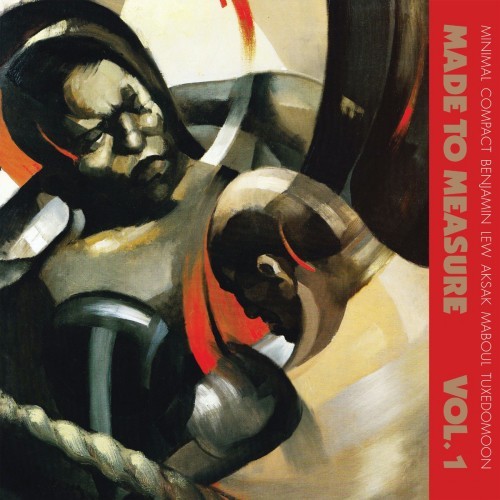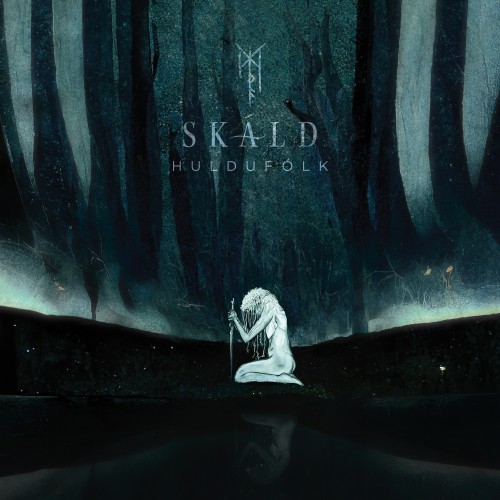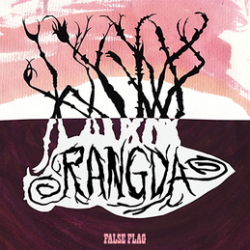 The foundations of rock music are built on strata that have long eroded for all but the most credulous. It was initially fun, sexual and swaggering; angry, rebellious and irreverent; energetic, spontaneous and irrepressible; extrovert, engaged and innovative. Decades of mishandling by musicians, record labels, critics and musicologists have caused these qualities to be all but stripped away. Energy and spontaneity have been neutralised by expectations of repertoire and recording methods that spend too much time correcting the music’s natural grain. Irreverence has been slowly, dully bludgeoned into a meek acceptance of a sacred canon of artists and albums. Anger and rebellion have been either co-opted into brand exercises or ridiculed and dismissed as inarticulate/misinformed/misdirected, leaving both sidelined as unfashionable or irrelevant. The result is a music that has become increasingly thwarted and introverted, retreating into an asexual world in which its DNA is passed down unaltered to young musicians who want nothing more than to express their unique individuality in the same way as their father before them.
The foundations of rock music are built on strata that have long eroded for all but the most credulous. It was initially fun, sexual and swaggering; angry, rebellious and irreverent; energetic, spontaneous and irrepressible; extrovert, engaged and innovative. Decades of mishandling by musicians, record labels, critics and musicologists have caused these qualities to be all but stripped away. Energy and spontaneity have been neutralised by expectations of repertoire and recording methods that spend too much time correcting the music’s natural grain. Irreverence has been slowly, dully bludgeoned into a meek acceptance of a sacred canon of artists and albums. Anger and rebellion have been either co-opted into brand exercises or ridiculed and dismissed as inarticulate/misinformed/misdirected, leaving both sidelined as unfashionable or irrelevant. The result is a music that has become increasingly thwarted and introverted, retreating into an asexual world in which its DNA is passed down unaltered to young musicians who want nothing more than to express their unique individuality in the same way as their father before them.
This is not another rant claiming that yesterday’s bands are better than today’s bands. Far from it. If this had been about musical results then the argument would have been framed in musical terms. The results are not merely as good as they have ever been: the results are exactly the same as they have always been, because musicians’ influences, expectations, working methods and ideas seem the same now as they were twenty, forty, or in some cases sixty years ago.
Thankfully there are still a few bands who realise that you cannot expect different outcomes when you repeatedly use the same formula. Steve Noble’s New channel influences that extend well outside the standard rock palette through improvisations conducted at breakneck pace; London’s Temperatures use vintage ARP synths that hiss, bubble and squeal through their propulsive drum and bass interplay; Aufgehoben breathe new life into studio processes, editing recordings of astonishing dynamic range into careering walls of overdriven noise; Boston’s Neptune and Norway’s MoHa avoid sounding like anyone else via furious multitasking and customised/homemade instruments; and the late Afrirampo, who up until June of this year scribbled colour outside the lines of slap-dash psychedelia and combustibly jammed rock’n’roll.
Rangda’s False Flag is a deceptively effortless new entry into this mix; deceptive in that the music is of such quality that it’s easy to forget how much hard work it takes to be able to play at this level. The trio – consisting of Ben Chasny (Six Organs of Admittance, Comets on Fire), Richard Bishop (Sun City Girls) on guitars and Chris Corsano (just about anyone you’d care to mention from Sunburned Hand of the Man to Sonic Youth, Paul Flaherty to Bjork) on drums – has the kind of natural chemistry you would expect from players with so much in common. Each explores the blurred boundaries between folk, improvisation, noise, drone and rock traditions. False Flag synthesises these influences into a compellingly melodic, bluesy take on improvised rock, frazzled at the edges and seemingly transported straight from the Seventies with its twin soloing guitars and bass-free weightlessness.
The album alternates between roaring ecstatic free play and quieter, more poised passages. Maximum potential is wrought from the simplest of compositional frameworks; “Bull Lore” creeps up on the listener like an improvised Slint, a structural palindrome in which Bishop takes the lead on the ascending first half, with Chasny picking up the reigns as the piece descends to its close; while “Fist Family” simply suspends droning notes and masterfully controlled guitar feedback above Corsano’s flurried rolls around the kit. It’s a best-of-both worlds approach, allowing for freedom of expression while retaining enough of a loosely-controlled format to appeal to people who aren’t interested in improvisation.
While it’s hard to believe that any of the three are stretching themselves beyond their comfort zones the results really are extraordinary. Bishop, Chasny and Corsano ‘s playing is never less than sublime, each demonstrating that their influences have been fully integrated and worked through in their playing rather than being tacked on or appropriated. It’s rare that this amount of painstaking effort goes into being spontaneous. The result is full of character and with a hard-earned depth that seems paradoxical given how quickly the album seems to have been assembled.
Rangda’s debut is a happy reminder that you should never write off rock and roll, even if the wider situation occasionally seems desperate. The blueprint is necessarily simple; spend more time working over your own playing style, developing your own instruments or your own approach to your instrument; keep your band small and manoeuvrable so each individual member has more space to be themselves; use loose structures that encourage improvisation and freedom of expression; and don’t bleach away your energy and spontaneity during the recording process. In other words, spend more time working on your own contribution and cut out the waste, middlemen and bureaucracy. In 2010, in these times of efficiency savings and austerity measures, who’d have thought that adopting Tory strategies could save rock and roll?
-Seth Cooke-
